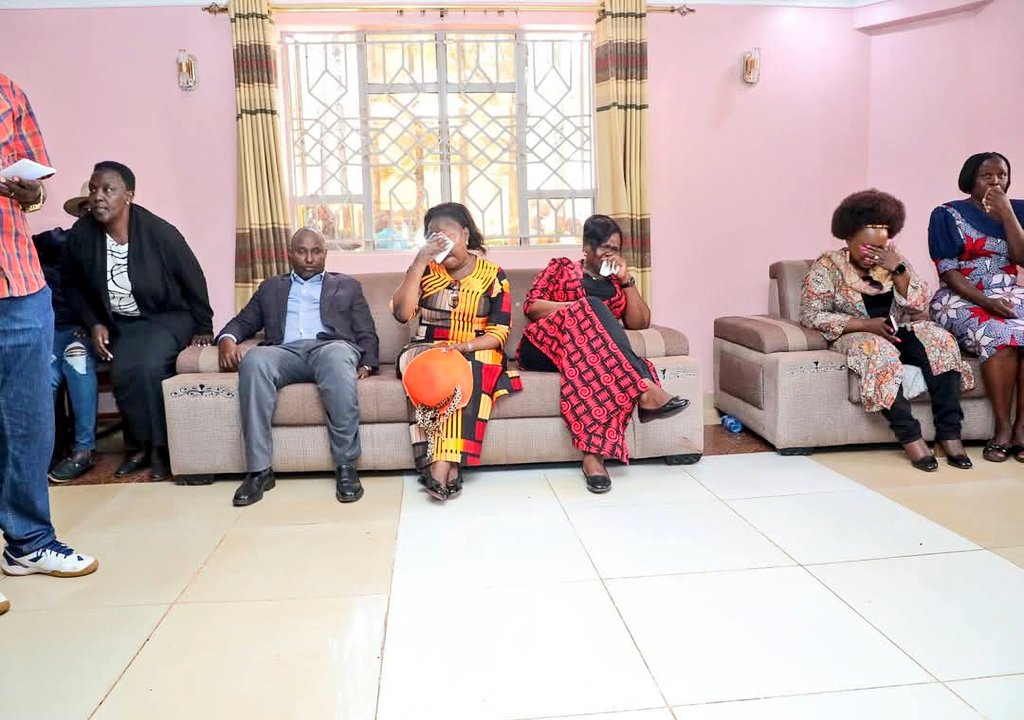

Now they are met with glee or indifference as Kenyans grow increasingly hostile towards the ruling class.
This in the wake of bad leadership that has perpetuated corruption, opulence and unpopular policies.
The animosity has been especially evident on social media, where reactions range from mockery to eerie silence.
Cases in point include the recent cold-blooded murder of Kasipul MP Charles Were and the death of Dagoretti North MP Beatrice Elachi’s son.
These tragedies were greeted with sarcasm and ridicule online.
Digital content creator Eric Mboya said Kenyans have reached a point where they “feel nothing” for politicians.
“This year, Beatrice Elachi lost her son, and most Kenyans were seen celebrating,” he said.
“Yesterday, an MP died. People sympathised briefly then moved on.”
Mboya went on to question the roots of the trend.
“I don’t know how we got here. Is it that Kenyans have become bad, or is it politicians who have made them behave this way?”
The growing hostility has, at times, crossed into malicious territory.
Last year, doctored images of prominent political leaders lying in coffins circulated widely on social media.
These morbid visuals seemed to mock or even wish harm upon public officials.
President William Ruto addressed the phenomenon in January.
“I want to ask the youths not to be lured by small amounts of money to create images showing government officials inside coffins,” he said.
University lecturer Dr Edwin Wanjawa said respect cannot be demanded.
“Kenyans owe you decorum only to the extent that you earn it by serving them with integrity, humility and competence,” he said.
“Perhaps it is time for leaders to tame their appetite for public funds, for vainglory and for treating public office like a personal inheritance.”
The fraught relationship between citizens and the political elite came into sharper focus during Thursday’s Labour Day celebrations.
Cotu secretary general Francis Atwoli called for stricter regulation of social media.
“We cannot allow social media to be used to incite and divide. We must regulate it, just like China has done,” he said.
His remarks triggered swift backlash online, with critics accusing him of supporting authoritarian-style censorship.
Activist Boniface Mwangi posted on X (formerly Twitter):
“Social media is the last platform for young people to demand accountability. Regulating it means gagging the voice of the people.”
Grace Muthoni, chairperson of the Haki Coalition, also called out the Cotu boss.
“Atwoli has betrayed the very workers he claims to represent. Instead of defending rights, he is now advocating for censorship,” she said.
As Kenya edges closer to the 2027 elections, the widening gulf between citizens and the political elite could have far-reaching implications for public trust, political discourse and the country’s democratic future.













